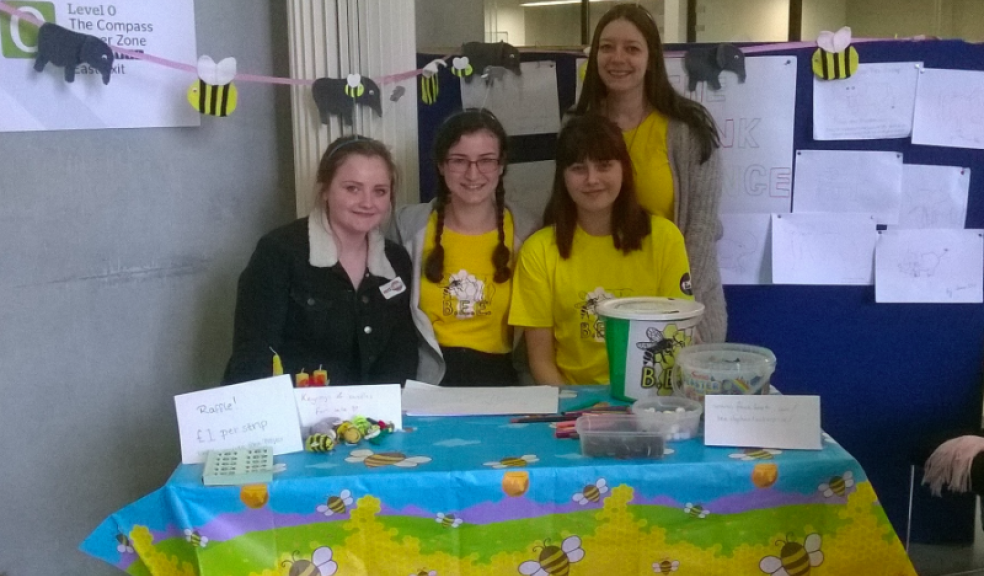
Scottish mountain man’s legacy supports Exeter-led expedition to combat elephant decline in Kenya
A ground-breaking expedition that aims to save African elephants while encouraging the creation of sustainable local business in rural Kenya has won a funding award run by a Scottish wild land charity.
The Bee Elephant Enterprise project (BEE) aims to build beehive fences around farmland in the Tsavo National Park in deter elephants – which are afraid of bees – from destroying crops.
Small farmers, often desperately poor, can lose their livelihood overnight from a single elephant raid. Elephants in turn are often killed in retaliation.
By deterring the animals, the BEE project aims to reduce conflict between farmers and elephants, and thus contribute towards the conservation of the declining species.
At the same time, the project will help combat poverty by supporting the local community to develop sustainable honey-producing enterprises.
The Bill Wallace Grant was set in memory of a Scottish mountaineer who died ten years ago during a skiing expedition in the Alps. Bill was a stalwart of the John Muir Trust, a Scottish-based charity whose mission is to protect and improve wild places for the benefit of people and wildlife.
Team leader of the BEE project, Emma Vicary who studies Zoology at the University of Exeter, said: “The whole team is absolutely delighted to receive this grant from the John Muir Trust. The money we have received is the equivalent of 10 beehives, enough to protect two thirds of an acre of farmland. This will make a huge difference to the local farmers, the local elephants and, of course, the local honey bees.”
Toby Clark who manages the Bill Wallace Grant for the John Muir Trust said: “We were delighted with the calibre of the applications this year, and wish all the best to Emma and the other members of the Bee Elephant Enterprise project.”














